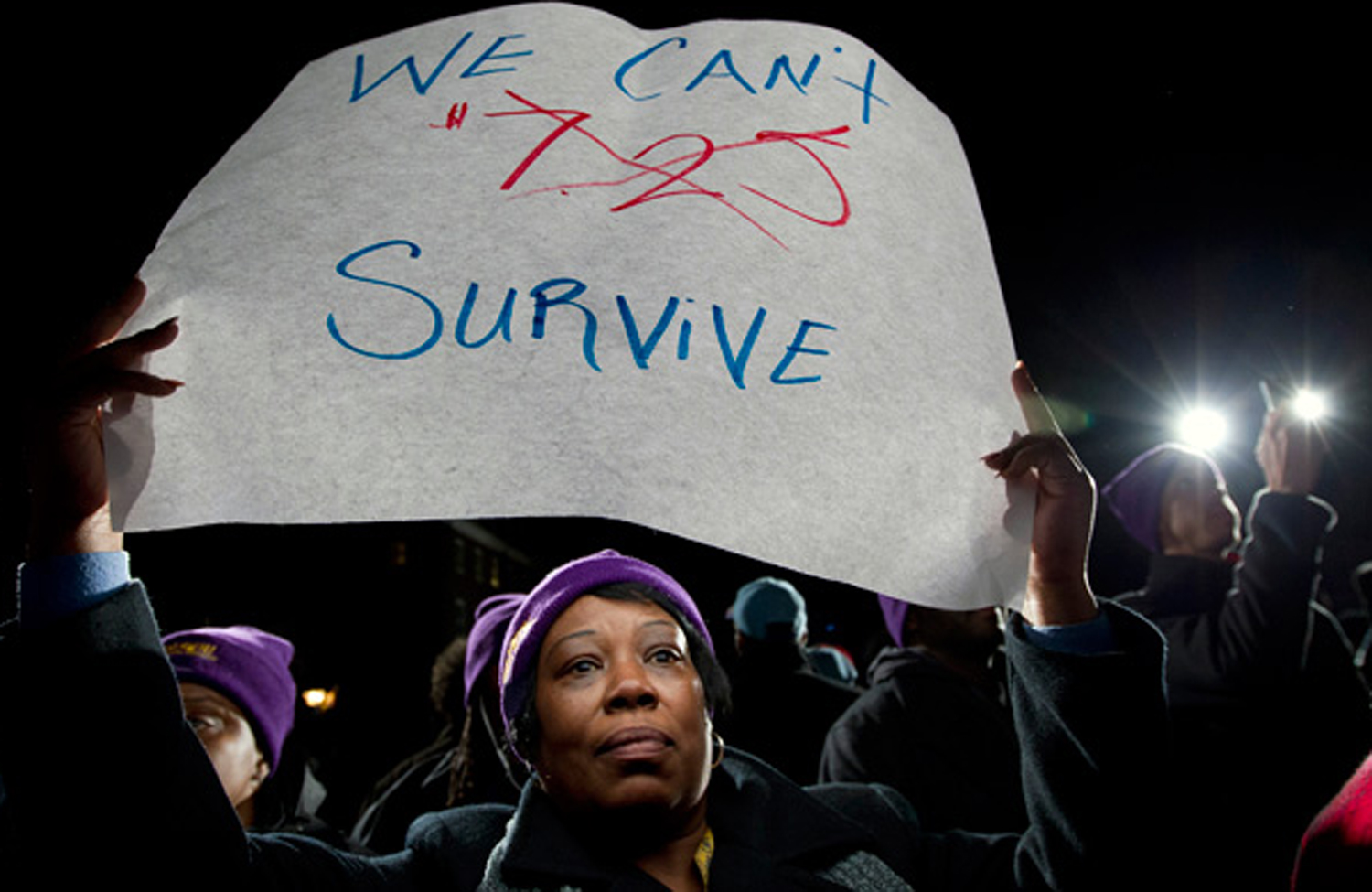The minimum-wage debate continues apace, with the latest move President Obama’s executive order to raise the minimum wage for federal contractors to $10.10 from the previous $7.25.
Videos by Rare
We have previously discussed how liberals’ minimum-wage politics conveniently ignore that very, very few U.S. households depend on a minimum-wage earner as their chief breadwinner. But it appears they’re also playing with the numbers to make it appear the case for raising the minimum wage is stronger than it is.
That’s the argument of Jeffrey Dorfman, an economist at the University of Georgia, in a recent piece for Forbes:
“Liberals have been trumpeting a study claiming that if the minimum wage had risen in tandem with worker productivity, the minimum wage would be nearly $22 per hour. Senator Elizabeth Warren (D-MA) has gone to great lengths to push this statistic into the policy debate. Liberals want you to believe that the minimum wage should have risen at the same rate as worker productivity to ensure that workers continue to take home the same share of the value of the output they produce. However, the statistic they quote is meaningless because it is not measuring the relevant concept.
“Labor productivity may have risen faster than the minimum wage over the last twenty or thirty years, but the study getting all the press uses the productivity gains of all workers to calculate a hypothetical increase in the minimum wage. What is needed is a measure of the productivity gains of minimum wage workers.”
The government, Dorfman reports, does not report such a figure. But the Bureau of Labor Statistics does report changes in productivity by industry, and Dorfman looks into the relationship between productivity and the minimum wage in the food-service industry, in which 44 percent of minimum-wage earners work:
“The BLS data show that in 2011 labor productivity gains in the food service industry were nonexistent (that is, equal to 0 percent). In 2012, it was slightly worse; labor productivity in the food service sector dropped by 0.1 percent. In limited service restaurants, where minimum wage workers are likely to be concentrated, labor productivity fell by 2 percent in 2012 while business owners saw their unit labor costs rise by 2.8 percent. Over the past few years, these workers, as a group, not only have not earned a raise, but they are getting paid more for doing less.
“Taking a longer view, from 1987 to 2012 the same BLS data show that worker productivity in the food service sector rose by an average of 0.6 percent per year. In limited service restaurants, the gains were slightly lower, only averaging 0.5 percent per year. Meanwhile, unit labor costs have risen by an average of 3.6 percent. Over this period the minimum wage has risen from $3.35 to $7.25 per hour which is an average annual increase of 3.1 percent. In other words, at least in food service, the minimum wage has risen at a rate five or six times as fast as justified by the gains in worker productivity.”
Not to mention that, if such a trend continues or gets worse via the policies Obama favors, U.S. fast-food workers may find themselves replaced by automation. It’s already happening in Europe.
Raising the minimum wage is a poor substitute for more serious attempts to jump-start the job market and make work pay better for middle- and low-income Americans.



